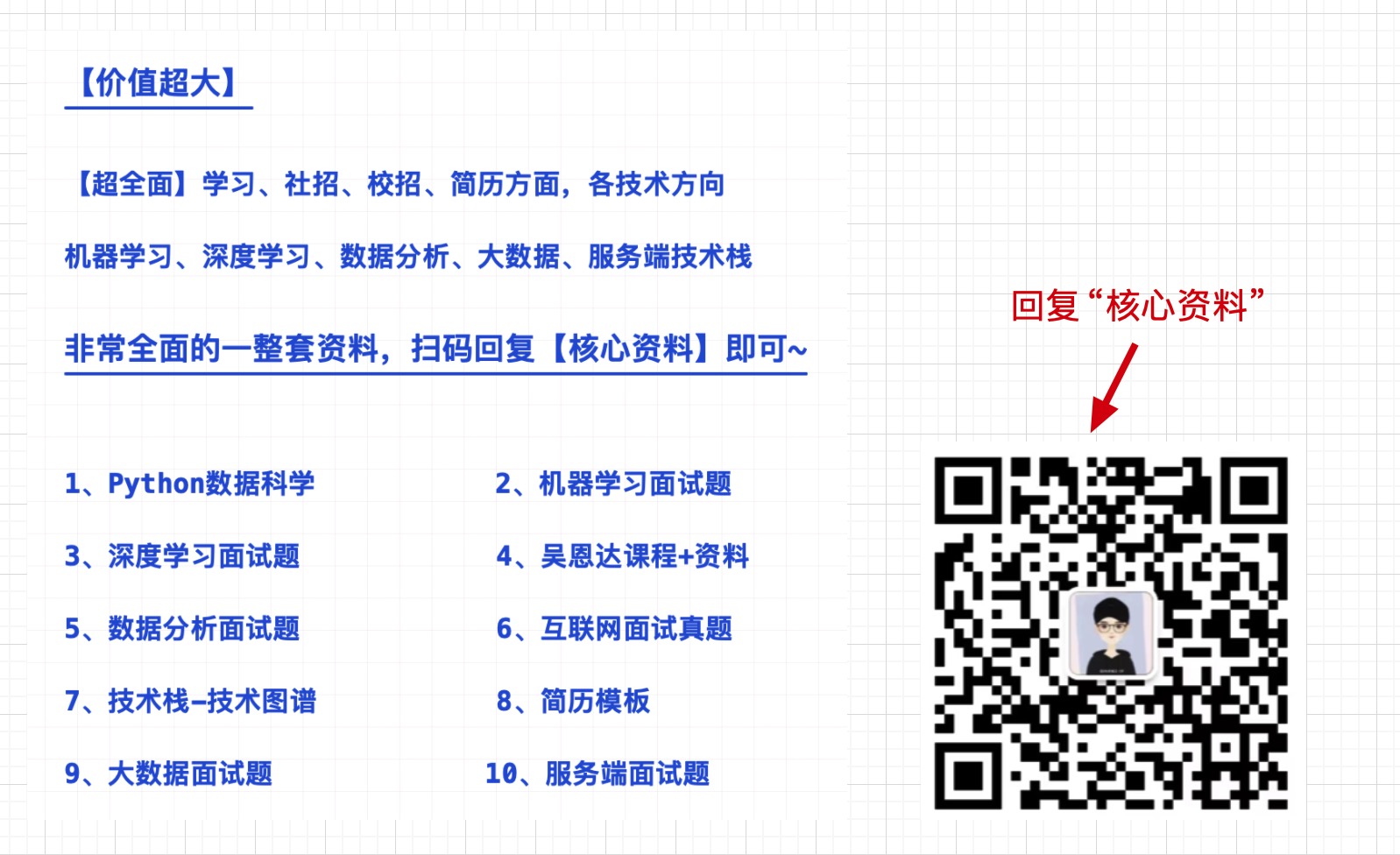TL;NRs
CopyOnWriteArrayList类在多线程顺序读取上有很大的优势,但在随机读取上反而有较大的劣势,且在写入方面性能极差。Vector类在顺序读取方面性能较差,但在随机读取方面有较大的优势,写入方面性能也还可以。
1,引言
java线程安全的List实现有以下三种:
new Vector<>()Collections.synchronizedList(new ArrayList<>())new CopyOnWriteArrayList<>()
通常认为使用了 synchronized会导致运行变慢,那么在 java针对 synchronized进行一系列优化后,现在的情况如何呢?为了检验这一说法,写了一个验证程序进行验证。
2,验证代码
以 ArrayList作为基础,分别测试4种 List的顺序写入( 0 ~ 1 << 24)、顺序读取和随机读取,各十轮。据此编写代码。代码太长了,所以放到最后
3,测试平台
垃圾笔记本,使用Intel酷睿i5 7200U
java版本为java 12,HotSpot虚拟机
4,测试结果
单位:毫秒

5,结果分析
ArrayList(A)、 Vector(V)、 Collections.synchronizedList(new ArrayList<>())(S)、以及 CopyOnWriteArrayList(C)四种类型的结果分别如下
十轮写入,单位毫秒
A V S C 总时间 6426 9365 10186 inf 最大时间 1313 1016 1096 inf 最小时间 239 815 672 inf
十轮单线程顺序读,单位毫秒
A V S C 总时间 41 2247 1538 1560 最大时间 22 418 200 167 最小时间 0 196 129 148
十轮单线程随机读,单位毫秒
A V S C 总时间 2167 4908 11792 11133 最大时间 256 573 1372 1264 最小时间 202 473 1110 1030
十线程顺序读,单位毫秒
V S C 总时间 11232 12650 696
十线程随机读,单位毫秒
V S C 总时间 16828 17888 26089
6,结论
单线程写入性能:A > V = S >>>> C
单线程顺序读取性能:A >> S = C > V
单线程随机读取性能:A > V > S = C
20线程顺序读取性能:C >> V > S
20线程随机读取性能:V > S >> C
COW顺序读取性能较好,随机读取性能较差,写入性能极差。
Vector随机读取性能较好,顺序读取性能和写入性能较差。
附录 测试代码
import java.util.*;
import java.util.concurrent.*;
public class VectorTest {
private static final int CNT = 1 << 24;
private static final Random rand = new Random();
public static void main(String[] args) throws InterruptedException {
int writeRound = 10, readRound = 10, randomReadRound = 10;
int nRead = 20, nRandomRead = 20;
List lsA = new ArrayList<>();
List lsV = new Vector<>();
List lsS = Collections.synchronizedList(new ArrayList<>());
List lsC = new CopyOnWriteArrayList<>();
test(lsA, "ArrayList", writeRound, readRound, randomReadRound);
test(lsV, "Vector", writeRound, readRound, randomReadRound);
test(lsS, "SynArrayList", writeRound, readRound, randomReadRound);
lsC.addAll(lsA);
test(lsC, "COWList", 0, readRound, randomReadRound);
multiThreadTest(lsV, "Vector", nRead, nRandomRead);
multiThreadTest(lsS, "SynArrayList", nRead, nRandomRead);
multiThreadTest(lsC, "COWList", nRead, nRandomRead);
}
private static void test(List list, String name, int writeRound, int readRound, int randomReadRound) {
int max = 0, min = Integer.MAX_VALUE, sum = 0;
int[] w = new int[writeRound], r = new int[readRound], rr = new int[randomReadRound];
for (int i = 0; i < writeRound; i++) {
list.clear();
int v = w[i] = writeTest(list);
max = Math.max(max, v);
min = Math.min(min, v);
sum += v;
}
System.out.printf("%s write test: sum = %d, max = %d, min = %d\n", name, sum, max, min);
for (int v : w) System.out.printf("%d\t", v);
System.out.println();
sum = max = 0;
min = Integer.MAX_VALUE;
for (int i = 0; i < readRound; i++) {
int v = r[i] = readTest(list);
max = Math.max(max, v);
min = Math.min(min, v);
sum += v;
}
System.out.printf("%s read test: sum = %d, max = %d, min = %d\n", name, sum, max, min);
for (int v : r) System.out.printf("%d\t", v);
System.out.println();
sum = max = 0;
min = Integer.MAX_VALUE;
for (int i = 0; i < randomReadRound; i++) {
int v = rr[i] = randomReadTest(list);
max = Math.max(max, v);
min = Math.min(min, v);
sum += v;
}
System.out.printf("%s random read test: sum = %d, max = %d, min = %d\n", name, sum, max, min);
for (int v : rr) System.out.printf("%d\t", v);
System.out.println();
}
private static int writeTest(List list) {
long t0 = System.currentTimeMillis();
for (int i = 0; i < CNT; i++) list.add(i);
long t1 = System.currentTimeMillis();
return (int)(t1 - t0);
}
private static int readTest(List list) {
long t0 = System.currentTimeMillis();
for (int i = 0; i < CNT; i++) list.get(i);
long t1 = System.currentTimeMillis();
return (int)(t1 - t0);
}
private static int randomReadTest(List list) {
long t0 = System.currentTimeMillis();
for (int i = 0; i < CNT; i++) list.get(rand.nextInt(CNT));
long t1 = System.currentTimeMillis();
return (int)(t1 - t0);
}
private static List ls;
private static long t2 = 0;
private static CountDownLatch cdl;
public static class ThreadRead extends Thread {
public void run() {
for (int i = 0; i < CNT; i++) ls.get(i);
long t1 = System.currentTimeMillis();
t2 = Math.max(t1, t2);
cdl.countDown();
}
}
public static class ThreadRandomRead extends Thread {
public void run() {
for (int i = 0; i < CNT; i++) ls.get(rand.nextInt(CNT));
long t1 = System.currentTimeMillis();
t2 = Math.max(t1, t2);
cdl.countDown();
}
}
private static void multiThreadTest(List list, String name, int nRead, int nRandomRead) throws InterruptedException {
int tr = 0, trr = 0;
ls = list;
cdl = new CountDownLatch(nRead);
long t0 = System.currentTimeMillis();
for (int i = 0; i < nRead; i++) {
new ThreadRead().start();
}
cdl.await();
tr = (int)(t2 - t0);
cdl = new CountDownLatch(nRandomRead);
t2 = 0;
t0 = System.currentTimeMillis();
for (int i = 0; i < nRandomRead; i++) {
new ThreadRandomRead().start();
}
cdl.await();
trr = (int)(t2 - t0);
System.out.printf("%s: tr = %d, trr = %d\n", name, tr, trr);
}
}
Original: https://www.cnblogs.com/CounterX/p/16400925.html
Author: 计数寄存器
Title: List的同步类比较
原创文章受到原创版权保护。转载请注明出处:https://www.johngo689.com/713839/
转载文章受原作者版权保护。转载请注明原作者出处!

